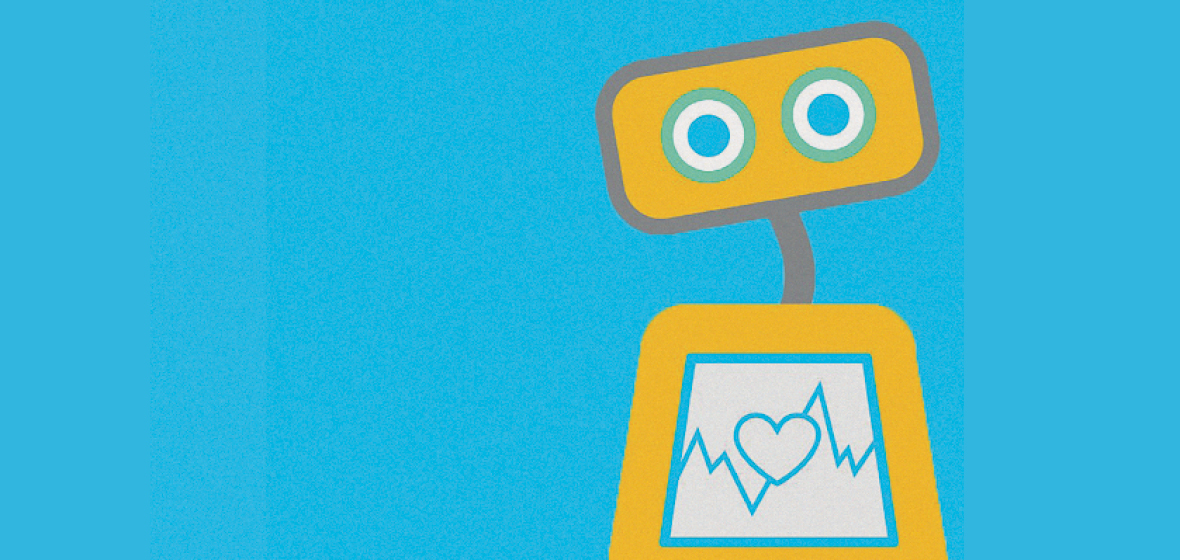Artificial intelligence is set to change the way we detect, inform and treat mental health problems.
You’re not feeling yourself. Perhaps you’re anxious, overwhelmed or a bit down. Instead of making an appointment with a psychologist or phoning a friend, you download an app and start talking about how you’re feeling – with a chatbot.
The chatbot checks in with you daily and uses the principles of cognitive behavioural therapy – which helps to challenge unhelpful thoughts and is considered the gold standard treatment for most mental health problems – to deliver friendly advice and helpful resources on a range of mental health topics.
It’s a bit like having an SMS conversation with a knowledgeable friend. Indeed, the chatbot learns, adjusts and changes based on what you say, which enables it to deliver personalised advice.
This is Woebot, a virtual emotional support app that helps people identify and cope with common mental health challenges, including stress, anxiety and depression. The secret to its success? Artificial intelligence – or “AI”.
“Woebot uses AI techniques to understand and adapt to a user’s emotional state and cognitive ability so it can safely deliver the right intervention to the right person at the right time,” says founder Alison Darcy.
“Our tailoring algorithm personalises the experience according to the user’s mood, the description of the problem at hand and their progress through the program to date.”
It might sound like the stuff of science fiction, but Woebot is part of a growing trend in digital mental health care that uses AI to aid delivery of psychological support.




